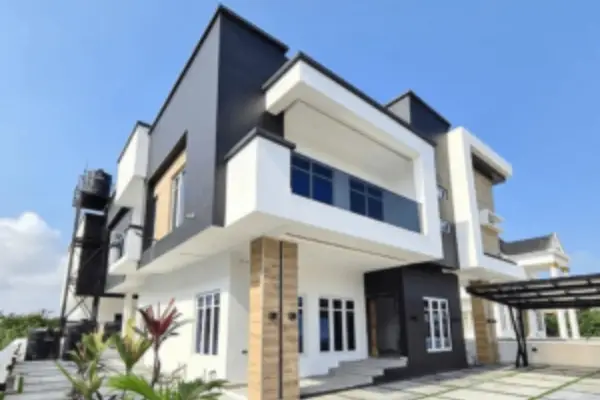A Residence is not just a place to live, it’s a sustainable way of life.
Whether you work from home or commute to a nearby office, your home’s energy-efficient features contribute to a productive and eco-conscious workday. Smart home systems allow you to monitor and control energy usage, ensuring minimal environmental impact.
- 1. Neighbourhood: Choosing the ideal neighbourhood is an important choice that extends beyond a property’s physical characteristics. We’ll go over the things to take into account while selecting a neighbourhood in this piece, including future growth plans, school districts, and amenities. To make sure that the community you choose fits both your present requirements and your long-term goals, learn how to balance your lifestyle choices and property prices.
- 2. Buying a first home (residence) may be an exciting and daunting experience for those who have never done it before. This blog article serves as a thorough guide to help you through the process of buying your first house. Dombert Homes & Properties is here to provide you with useful advice and insights to help you navigate every step of the home-buying process, from comprehending the financial elements to understanding luxury.
- Location: Proximity to work, schools, transportation, and amenities like grocery stores, parks, and healthcare facilities.
- Type of Residence: Decide between options like an apartment, townhouse, single-family home, or condo based on your space needs and maintenance preferences.
- Assess your financial situation and determine what you can comfortably afford, factoring in expenses like mortgage/rent, utilities, property taxes, and maintenance.
- Space: Does it suit your current needs and future plans (e.g., growing a family)?
- Amenities: Do you need facilities like a gym, swimming pool, or parking?
- Neighborhood: Research the safety, culture, and overall vibe of the community.
- Look at commuting options, nearby public transportation, and traffic patterns to ensure the location complements your daily activities.
- Check the structural condition, plumbing, electrical systems, and ventilation. If you’re buying, a professional home inspection is highly recommended.
- Research market trends in the area. Is it a growing community? Does it have potential for appreciation if you decide to sell or rent out?
- For renters: Review lease terms and restrictions.
- For buyers: Check property titles, zoning laws, and any pending taxes or disputes.




